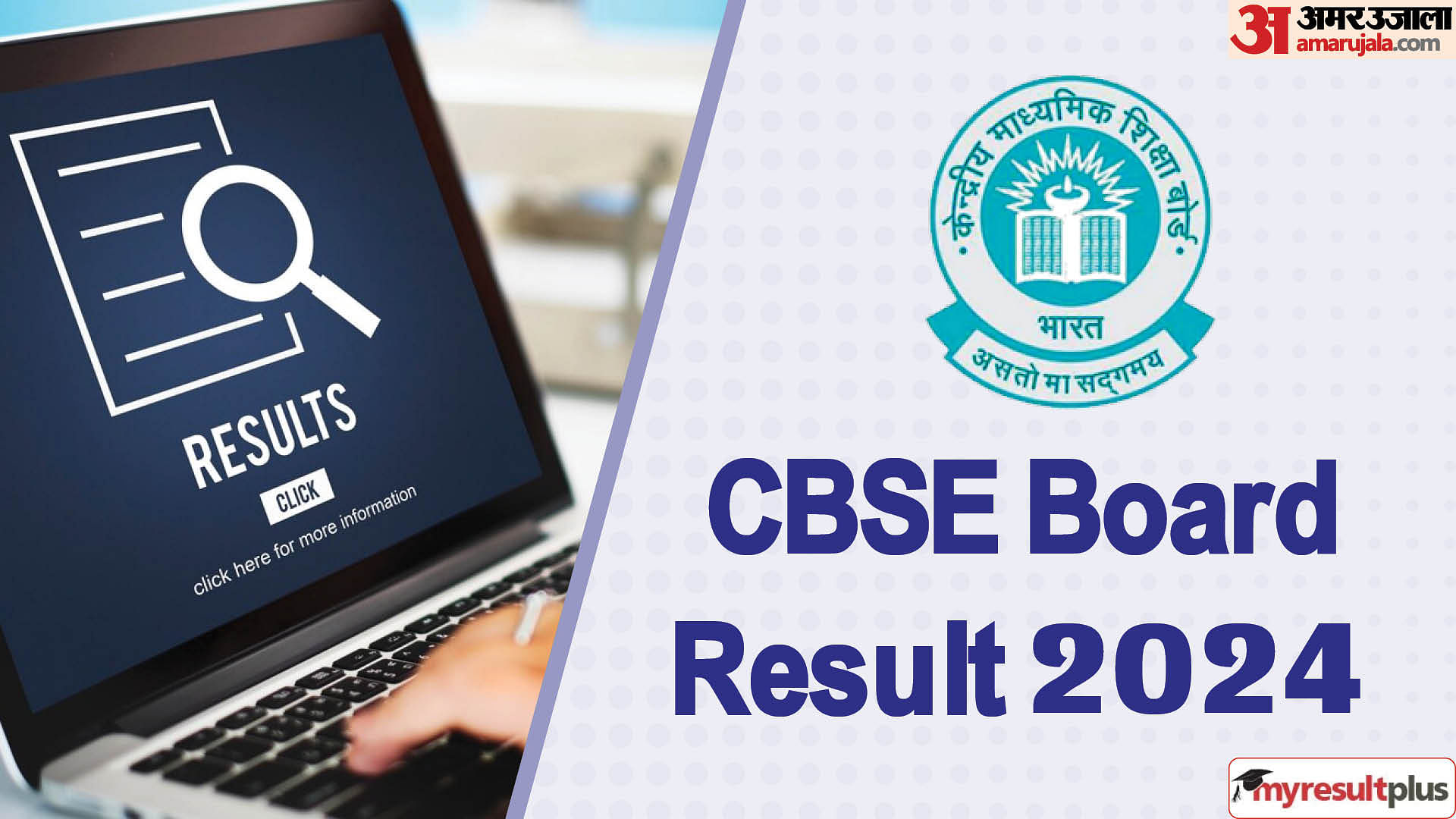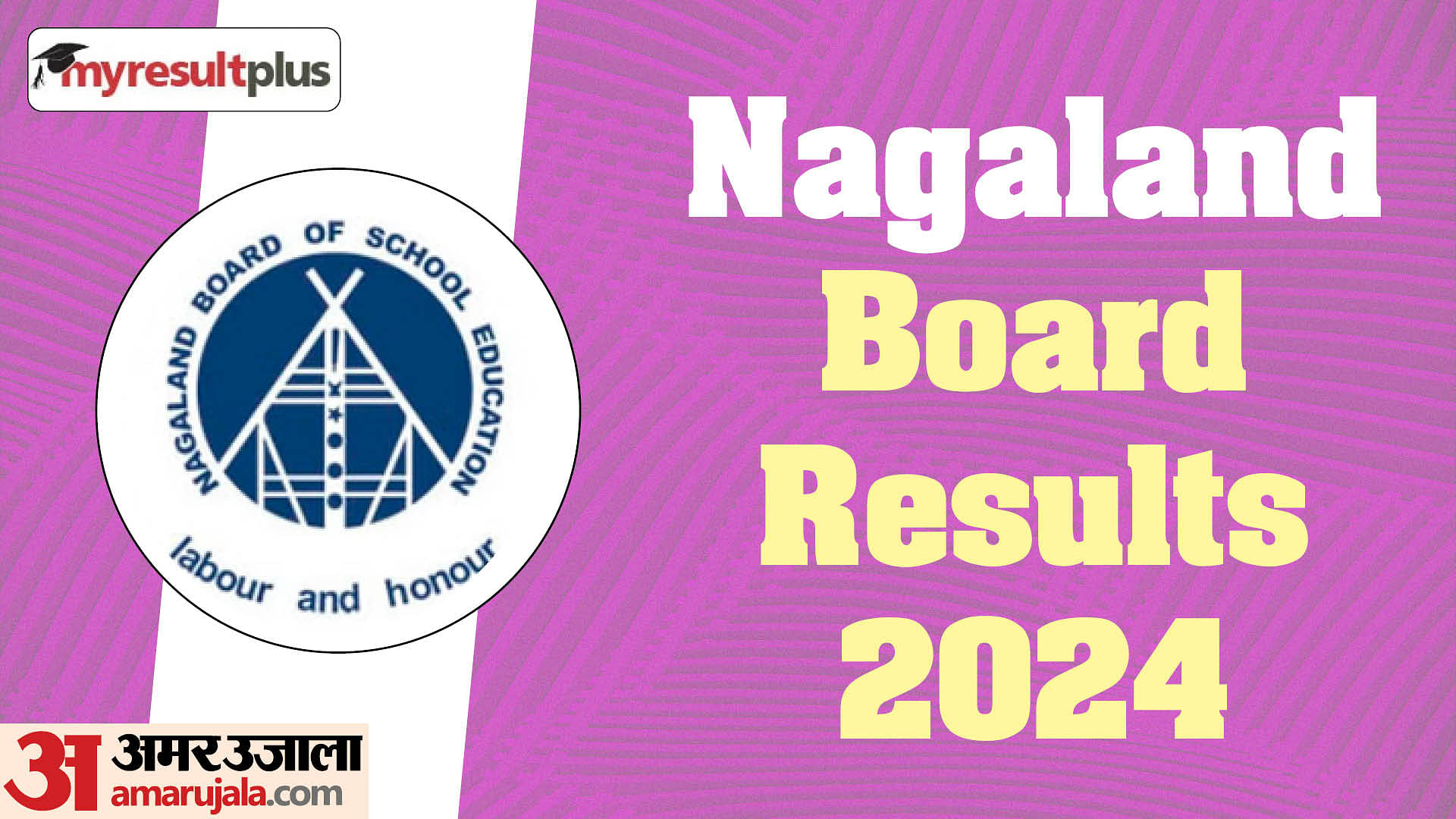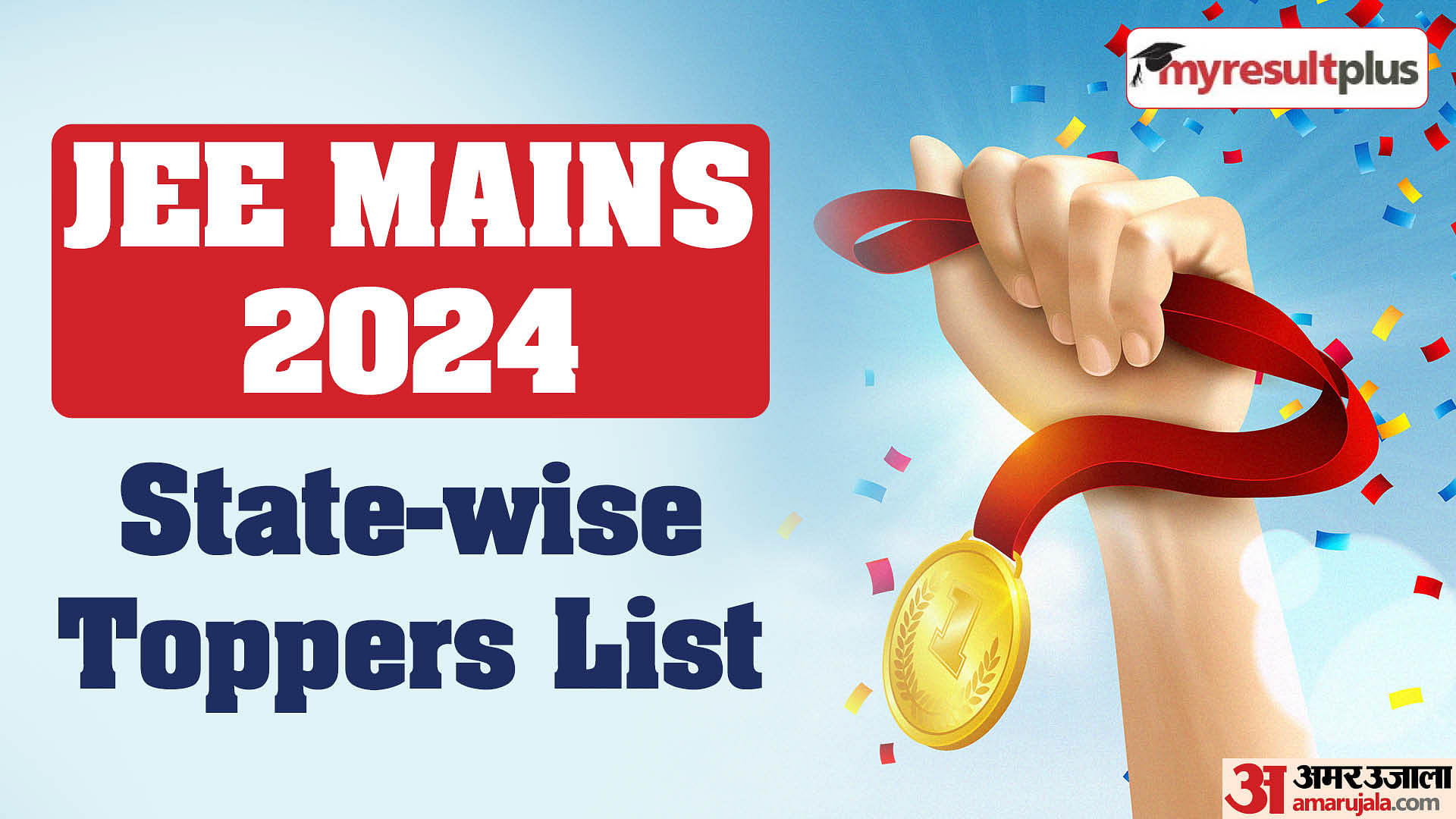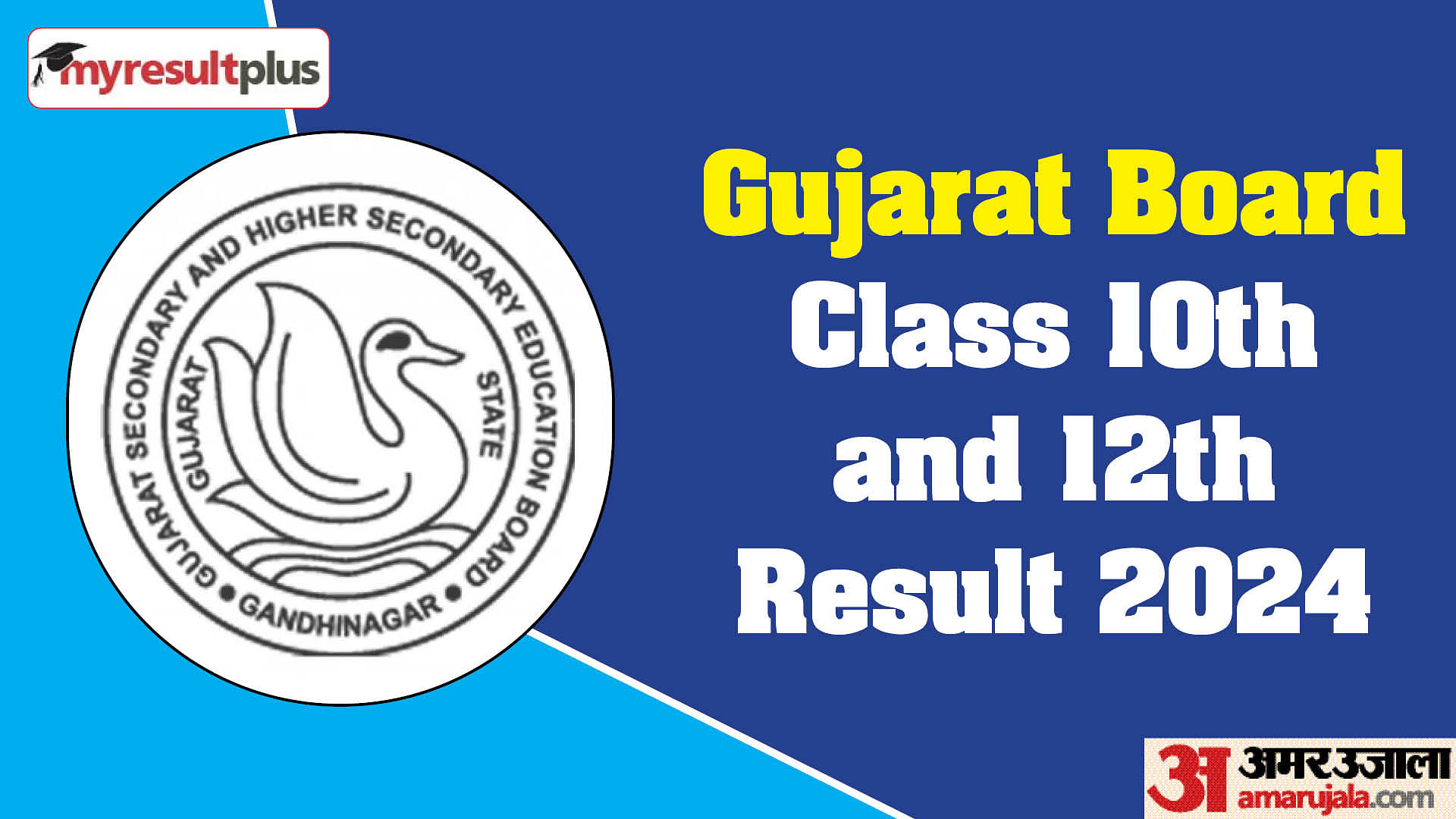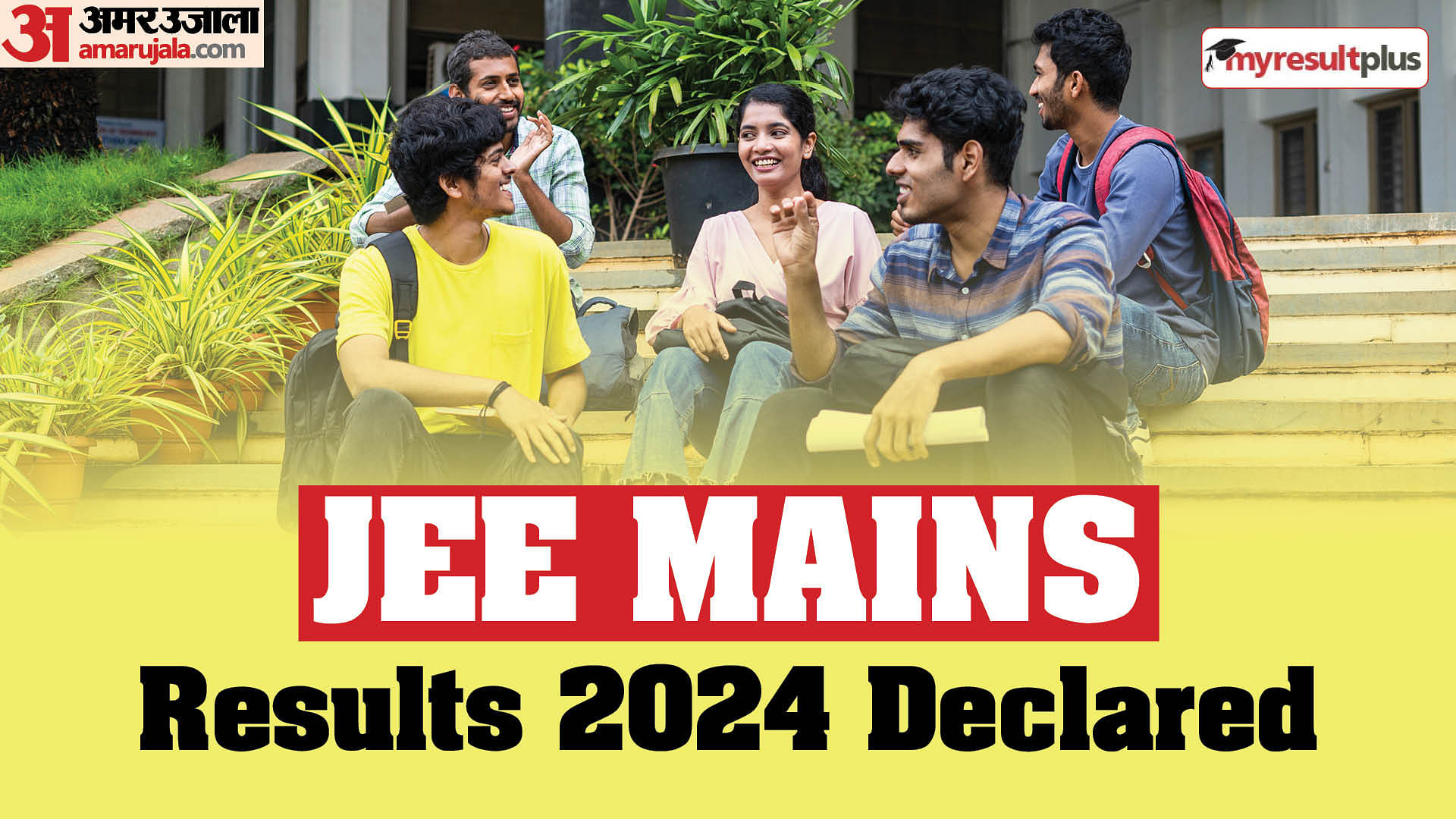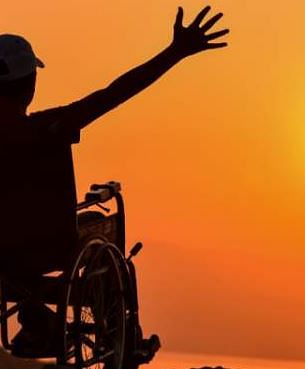
divyang
The Supreme Court today asked Uttar Pradesh to come up a mechanism for promotion and facilitation of inclusive education, so that students suffering from disability are not kept away from mainstream education.
The court sought a reply from the state government on how it would work out the provisions of the Rights of Persons with Disabilities Act, 2016, by providing inclusive education in the state.
A bench of Chief Justice Dipak Misra and Justices A M Khanwilkar and D Y Chandrachud said an affidavit should be filed by secretary of UP's department of education, while keeping in mind the provisions of the Act dealing with equality and non-discrimination.
"The affidavit shall also contain the number of disabled children in the State of UP and the categories of the disability," it said.
Additional Advocate General Aishwarya Bhati filed an affidavit in the apex court in pursuance of its earlier order and said the state government was keen to have special schools with special teachers to impart education to the disabled children who cannot be taught in normal schools.
She said 16 special schools have already been established, which are functional, and teachers have been appointed there.
These schools were imparting education to visually impaired, hearing and speech impaired, mentally disabled and physically disabled children, she said, adding that these schools have residential facilities and admit students in the non-residential category also.
The state government also said that seven schools for visually impaired were located in Lucknow, Gorakhpur, Banda, Saharanpur and Meerut cities while five schools for hearing and speech impaired are in Gorakhpur, Bareilly, Agra, Farukhabad and Lucknow cities.
With regard to mental disability, it said there were two schools running at Allahabad and Lucknow, while two special schools for the physically disabled were functioning in Lucknow and Pratapgarh.
Bhati said 17 more schools were under construction for children with special needs.
The top court also constituted a two member committee of advocates Rishi Malhotra and Gopal Shankaranarayanan to visit the schools and file a report in six weeks. It listed the matter for further hearing in the third week of January.
Earlier, the top court had questioned the lack of separate schools and distinctly trained teachers for students who suffer from autism, blindness and deafness.
It had observed that it is "impossible to think" that children, who are disabled or suffer from any kind of disability or are mentally challenged, can be imparted education in mainstream schools along with normal children.
Emphasising the need for a separate system, the court had said "the students who suffer from blindness, deafness and autism or such types of disorder may be required to have separate schools with distinctly trained teachers".
The bench was hearing a plea filed by Rajneesh Kumar Pandey, through advocate Prashant Shukla, claiming lack of sufficient number of special educators in Uttar Pradesh and other states to teach the Children With Special Needs (CWSN).
The petition by 17 teachers, who claim to have undertaken the training required to teach CWSN, has contended that to make Right to Education a success, it is necessary that qualified special educators are there in each school to help disabled kids prepare to face the challenges of life.


